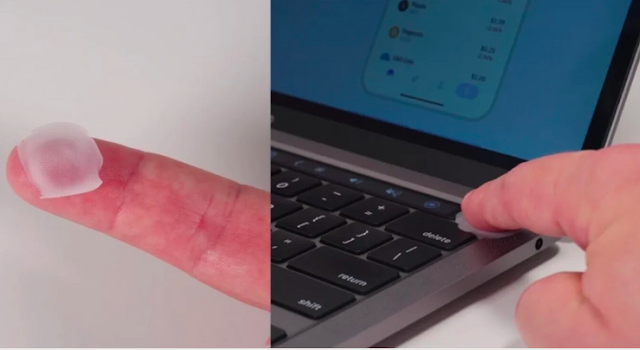Experts bypassed the fingerprint scanner in MacBook and iPad using film and glue
The fingerprint recognition accuracy was about 80%.
Cybersecurity researchers at Kraken Security Labs have demonstrated that fingerprint authentication can be bypassed with cheap consumables.
To hack devices, specialists did not even need direct access to the owner's fingerprint - only a photograph of the surface he touched.
It was processed in Photoshop, making it monochrome, and printed on acetate film on a laser printer. The toner gave the image a three-dimensional structure, and the wood glue brought the print to life.
We carried out a successful “attack” on most of the tested devices, including the iPad and MacBook Pro. With a real hack, we would have access to a huge amount of confidential information.
Kraken Security Labs
Kraken isn't the only lab to have tricked a fingerprint sensor. In 2020, Cisco Talos published a report describing a similar method. In both cases, the recognition accuracy was about 80%.
Experts noted that most users are unlikely to encounter a hack, but if they want to reproduce fingerprints is easy - they remain on any surface, from a glass in a restaurant to a taxi door.
Recommendations - do not consider the scanner as a secure alternative to a strong password and use it only for two-factor authentication.




Comments
Post a Comment